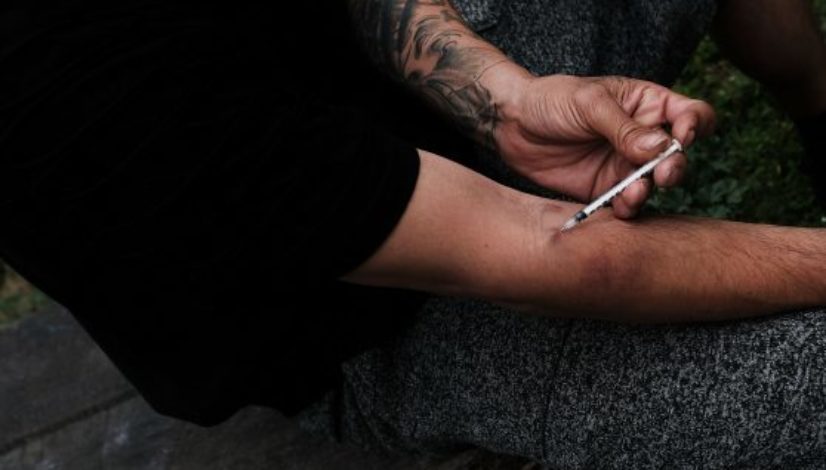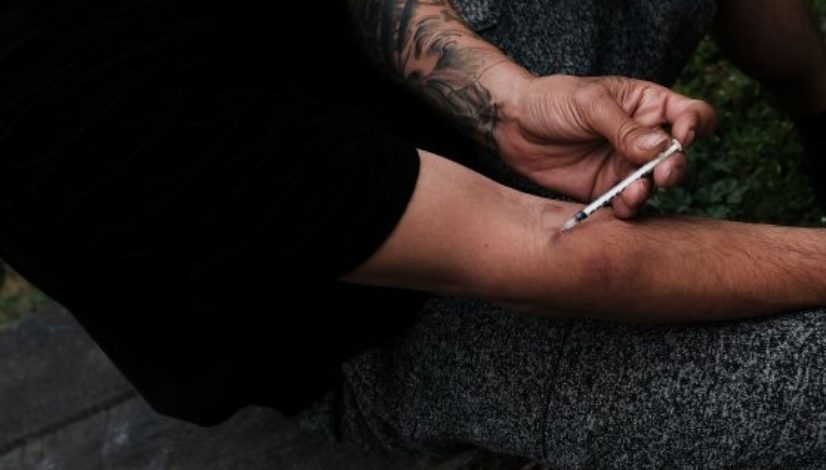Op-ed: Curbing Colorado’s opioid epidemic with cannabis

Published: Nov 13, 2017, 7:24 am • Updated: Nov 13, 2017, 11:21 am
By Larisa Bolivar, Special To The Denver Post
The following editorial was published in the Denver Post, November 10, 2017:
Colorado, and the rest of the nation, is in the grips of an opioid epidemic. In 2015, 329 lives were lost to opioid overdose, which made up of 38.8 percent of all drug related deaths in Colorado.
Heroin addiction is also on the rise in Colorado, which has been correlated to the increase in opioid addiction and people seeking stronger pain killers. To address the crisis, the Colorado General Assembly has created an interim committee, the Opioid and Other Substances Use Disorders Interim Study Committee, which is comprised of five state Representative and five State Senators, of which five are Republicans and five are Democrats. They are currently reviewing legislative initiatives to combat the issue, including six bills addressing a variety of harm reduction methods, including access to opioid antagonists and expanding health care provider education and insurance coverage.
What the bills fail to mention is the use of cannabis as a potential treatment for addiction, and at minimum a solution for pain management that is proven to be less deadly. One bill even appropriates marijuana tax funds for expanding grants and to assist in repaying loans for addiction counseling training.
A tricky subject at best with addiction counselors, one thing that can’t be ignored is the fact that opioid use is going down in states with legal medical marijuana, including Colorado. Yet, some officials, like Dr. Larry Wolk, Executive Directors of the Colorado Department of Public Health and Environment remain skeptical, stating “It just hasn’t been in place long enough. Anything that does get published at this point should be considered preliminary data.”
The body of research data is growing, and researchers are studying the impact of cannabis on opiate receptors as well as the role of cannabinoids and the endocannabinoid system and pain management therapies. In preliminary studies of available literature, it has been determined that there is indeed a reduction of opioid use and overdoses in states with legal marijuana.
Related stories
- Liquid gold: Doctors rack up profits by drug testing urine
- Here’s how Colorado is combating the prescription opioid and heroin epidemic
- Florida congressman slams Gov. Chris Christie for “outrageous” medical marijuana position
- White House opioid commission rejects medical marijuana as pain relief option
- Why aren’t we talking about medical marijuana to help the opioid crisis?
Early clinical research has shown that certain cannabinoids have a reaction on pain receptors indicating that doctors can use cannabis in addition to, or instead of opioids. Researcher Phillip Lucas writes about introducing more cannabis at the beginning of a pain management regimen to reduce the possibility of opioid addiction, the latter proving to be deadly. Also, in most states, chronic pain is an approved condition for obtaining a doctor’s recommendation to use medical marijuana, so it would not be difficult to implement statewide programs to immediately begin addressing the opioid crisis.
To facilitate cannabis as a solution to the opioid crisis, lawmakers should consider allowing doctors and healthcare professionals to incorporate cannabis into treatment plans for addiction and for pain management. In addition to writing recommendations for chronic pain, which is for long term pain management, doctors should be able write recommendations for short-term acute pain, which is typically addressed with heavy doses of opioid-based pain medications.
Also, Colorado lawmakers should allow insurance companies to expand coverage to include cannabis therapy for pain management and for treating addiction. This would be like a doctor recommending acupuncture or massage therapy, which some insurance companies cover. There is case precedent for this in New Jersey, where a judge ordered workers comp to cover a man’s medical marijuana because it reduced the amount of opioids he was taking resulting in less severe side effects.
Overall, we have an opportunity to save lives through readily available tools here in Colorado, and be a positive example. Lawmakers and healthcare professionals should consider cannabis as a viable solution in harm reduction and curbing our opioid crisis.
Larisa Bolivar is principal of Bolivar Consulting, a cannabis business development and management consulting firm, and the executive director of the Cannabis Consumers Coalition, a 501(c)3 cannabis consumer watchdog and advocacy organization.
To send a letter to the editor about this article, submit online or check out our guidelines for how to submit by email or mail.
This story was first published on DenverPost.com
Topics: Colorado, commentary, opioid epidemic, pain relief




